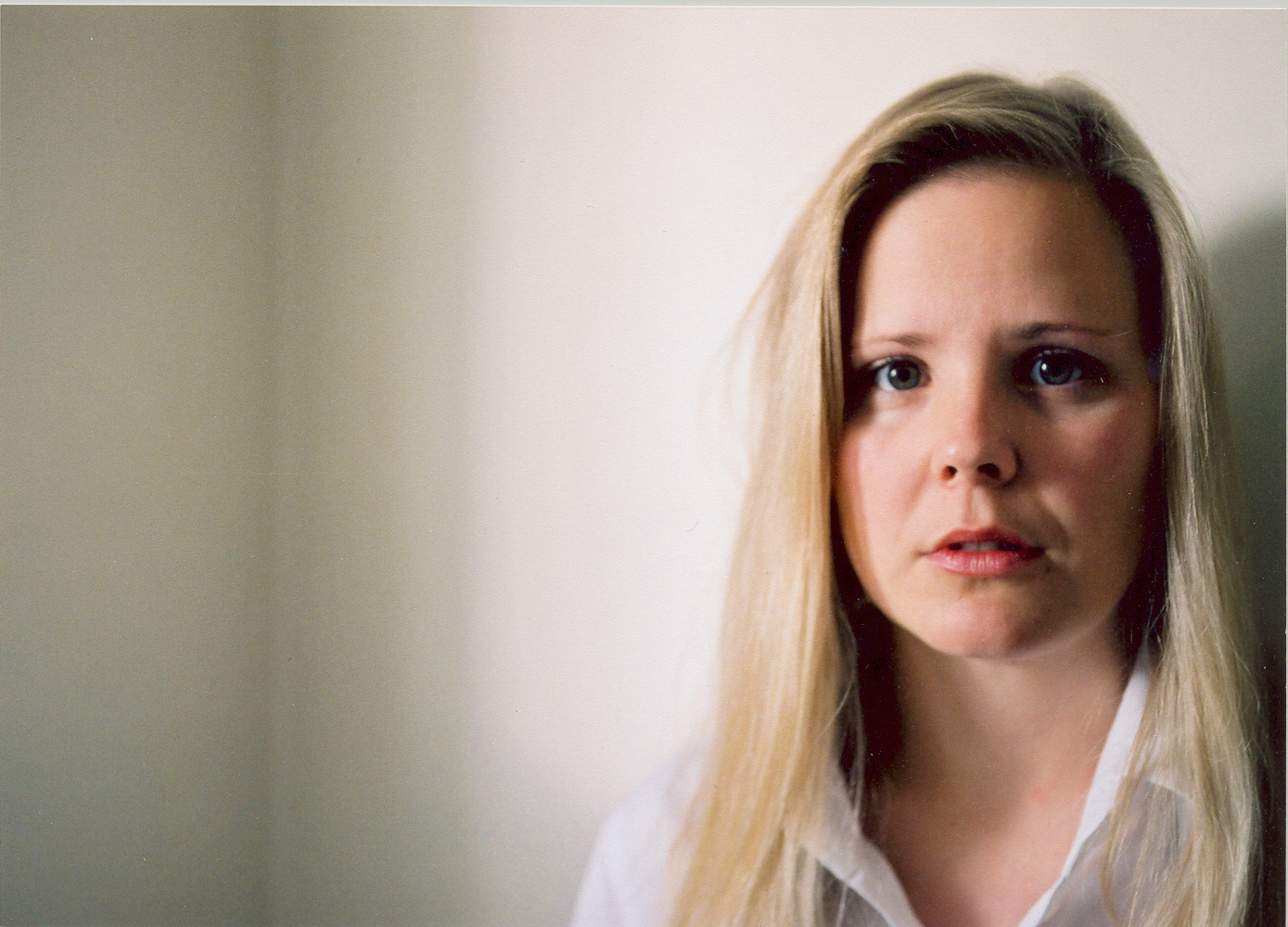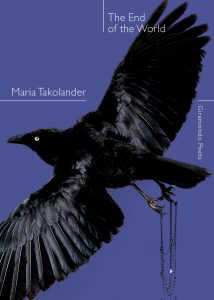
 Maria Takolander's poetry seems to be both lush and spare at the same time. As the title of her new poetry book, The End of the World, suggests, the poems have an apocalyptic feel, taking us forward to a world where the "game is over"; the excesses and villainy of our past has wrecked the future, even as it explores the past with archeological fervor. While the scope of the book is grand, taking in a kind of chequered history of the human race and its foibles, a transcendent beauty continues to shine through, mostly in domestic moments:
Maria Takolander's poetry seems to be both lush and spare at the same time. As the title of her new poetry book, The End of the World, suggests, the poems have an apocalyptic feel, taking us forward to a world where the "game is over"; the excesses and villainy of our past has wrecked the future, even as it explores the past with archeological fervor. While the scope of the book is grand, taking in a kind of chequered history of the human race and its foibles, a transcendent beauty continues to shine through, mostly in domestic moments: "...next to my body you hulk and settle. There you lie,
strangely hungerless, intense as a nucleus.
alive with an intelligence of I know not what.
Men wage war to make something this real,
but it was life, pure and gluttonous, that committed
this glorious violence upon you and me."
Takolander's vision is taut, dark and powerful, moving easily between a micro and macro perspective that eliminates the dichotomy and shifts the point of transition and power from the grand sweep to minutae. Though I've yet to fully delve into every poem in this book (which I've only just received), The End of the World has drawn me in quickly, particularly the first part, which explores childbirth and motherhood in a way that is entirely unsentimental and as intense and beautiful as it is painful and fraught. Without losing any of the seriousness or density of her subjects, Takolander manages a sharp, black humour that weaves its way through the book. The poet is a degenerate, and "those hysterics moved by her influence/are already, ipso facto, degenerate subjects". Indeed. I look forward to developing my hysteria and delving more deeply into the degenerate (and "perplexingly beautiful") poems that make up The End of the World.
No comments:
Post a Comment